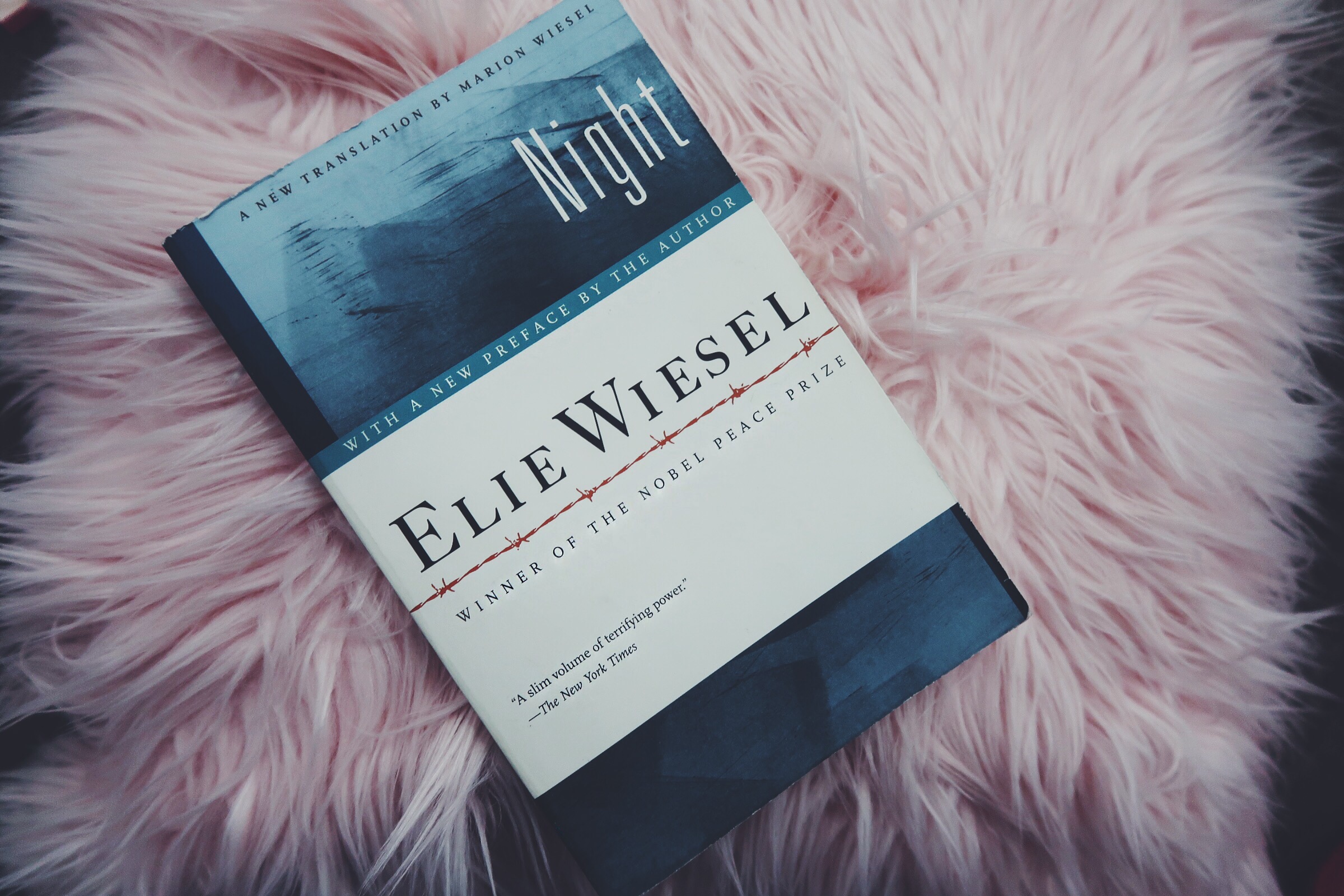Ambiguity is not uncommon with quasi-beautiful pieces of literature, and since literature does not necessarily have to be ambiguous, it is only reasonable to ask ourselves the reason great literature embraces ambiguity.
Well, aside from the fact that great literature tends to embrace ambiguity because it seems to be an inherent attribute of well-composed literary works, we have done our research and found at least five reasons great literature embraces ambiguity.
First, it could depict uncertainty and point out contemplations to us very easily. This is effective in writers’ use of such techniques as oxymoron, conceit, antithesis, and paradox, not to mention a host of other similar literary terms.
We can see this at work in stanza four of George Herbert’s The Pulley:
Yet let him keep the rest
But keep them with repining restlessness
This is an example of conceit, and you can see the ambiguity in it for yourself.
A glance at the stanza will give us an interpretation different from what we shall later understand with a closer look.
Looking critically, one would rightly interpret these lines; for the uncertainty of God’s blessing of rest. Man is promised rest, but he has to be restless so that he would go to God and seek the blessing.
You may have to read the entire poem on your own for a better understanding.
Second, according to Samplius, great literature embraces ambiguity because it pushes us to critical thinking and helps explore the world out of our comfort zone.
The source thinks this is important for our lives because it prepares us for the difficulties of life; teaching us to figure out the truth and resolve rising quagmire.
And of course, when we think critically to understand the concept of a thing, chances are that it stays up longer on our head than the easily learned ideas. In fact, it makes more sense to us because our creative imagination will come into play and may pique new ideas in us.
In other ways, great literature embraces ambiguity because critical thinking enhances our comprehension of ideas.
Read Also: How Does Literature Enhance Critical Thinking?
Third, by nature, literature is supposed to be open-ended. And this effect is attained by the deployment of a number of techniques including but not limited to ambiguity. This is essential to literature.
Open-ended literary works invite the audience to get more involved, contribute to, and even freely criticize any given art.
As a matter of fact—if they see fit, some readers may choose to write another work similar to what they have read only because they are convinced that what they have to offer is amiss in the original work.
So, as a way of letting his audience know that they are welcome to contribute to his ideas, the writer of a great literature piece may decide to be ambiguous. This way, he’d leave the reader not only with critical thoughts but also with the zeal to say something (anything at all) about the text.
Fourth, life is intrinsically complicated and is not to be seen from rose-colored glasses. This fact is one thing great literature often strives to make us remember.
One source, Great Assignment Help, in its analysis of this topic said the reason great literature embraces ambiguity is that the ambiguity in literature reflects the uncertainty in real-life situations.
Great literary works usually consider the fact that readers may be unduly or wrongly motivated by what they read in books. Hence, a host of them employ ambiguity to make us know or remember that life could be just as complex.
Fifth, more like our point number three, Weegy says one reason great literature embraces ambiguity is to allow us to interpret a plot in at least two ways.
This cannot be more true, considering the concept of ambiguity (which we shall examine in a bit), in the first place.
Great literature leaves us with our peculiar views of what may be going on in the text.
For me, one of the literary works I’ve read with fine ambiguity is Waiting for Godot by Samuel Beckett. Permit me to say: it is rich in ambiguity! With the use of such elements like symbolism.
Additionally, ambiguity may be used to capture the attention of or trigger the interest of an audience in a work of art. Often, ambiguity forms like cliffhanger are common in TV shows. They are mostly works that are in installments. They will be shown to you bit by bit; with a set interval.
This form of ambiguity may not really be noticed, you just find yourself eager to know what will happen in the next episode!
What is Ambiguity in Literature?
We had assumed all along that you are already familiar with the concept of ambiguity in literature, but at this point, we would be doing justice to the topic in case we had not assumed correctly.

Beginning with etymology, ambiguity is said to have originated from the Old French word ambiguite, meaning, “equivocalness, double meaning, or double sense” roughly.
In this sense, the English ambiguity is the state of being capable of attracting more than one interpretation. Ambiguous statements are usually those statements that could be understood severally from more than a viewpoint.
As a result, ambiguity in literature is the quality of a literary work being open to multiple explanations. Ambiguity in literature may occur with the author’s wording, plot point, character(s), events, and symbols, to mention but a few.
In literature, ambiguity may be employed for a number of reasons including those which have been examined in this content.
Conclusion
To wrap up, great literature embraces ambiguity because ambiguity in literature reflects the uncertainty in real-life circumstances. Also, the writer may employ ambiguity in his piece as a way of making us think critically or get more engaged with his work.
Also worthy to mention here is the fact that ambiguity in literature may come in the form of irony, especially because irony is of different forms, and ambiguity too could be achieved in a number of ways. Ultimately, both terms largely converge.
Share


